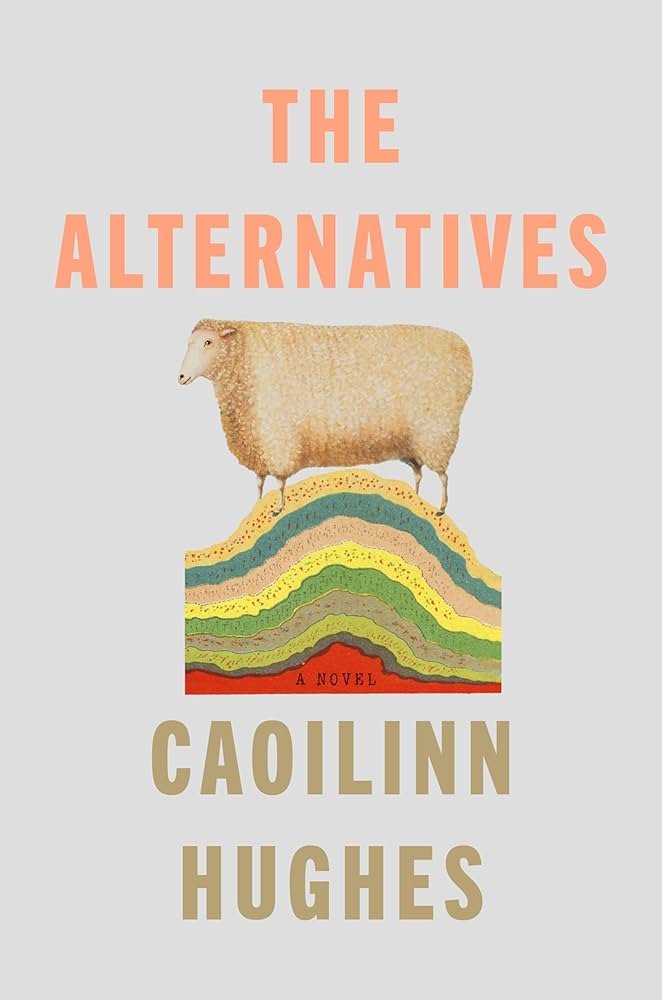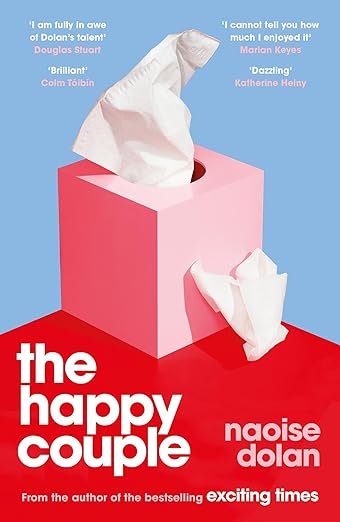What’s the Point of Writing Fiction?
Image Credit: Mark Alexander
When my grandson lost his first tooth a little while ago, I asked him the usual questions about the tooth fairy. He gave me a withering look. ‘Don’t you know the tooth fairy is a lie?’ he said. ‘It’s all made up’. And then he wrote a painstaking letter reminding the non-existent fairy to shell out.
It’s a lie, it’s all made up. This contention, which is not confined to six-year-olds, poses a challenge to makers of fiction. What is the point of telling a story and why should anyone bother to read something that is all made-up? Something that is pure invention, spun out of the author’s imagination, like spiders’ silk. (‘Keep writing, it’s a woman’s only hope except for lace making’, advised Djuna Barnes in 1937, perhaps with the same image of woven threads in mind).
Worrying about the purpose of fiction may be a relatively modern self-indulgence. Perhaps before they’d read a hundred different articles on the death of the novel, novelists took the point of writing them for granted. For a fortunate few, fiction made money, and for the rest it was a reasonably respectable profession. That still holds true for makers of genre fiction, but I am talking about ‘literary’ fiction here. An unsatisfactory label, I agree, but it will have to do as shorthand.
We can’t be that complacent about the value of fiction now. At a time when actuality outdoes even the most fevered of writerly imaginations and truth has become a relative concept, the question why write novels deserves answers, although these will be as individual as novelists themselves.
The Oxford dictionary’s first definition of fiction is ‘literature in the form of prose that describes imaginary events and people’. The second is ‘something that is invented or untrue’, and it is the nexus between the two meanings and their ambivalence that I am trying to interrogate as a novelist.
This question – what is true and what is invention – has been more than ever in the forefront of my mind with the publication of my fourth novel, The Book of Days. In the novel a husband is dying; in the course of its writing my own husband died suddenly, and then grief was not only imagined on the page but very real. His death derailed the book, needless to say, not to mention life, and for a long time afterwards I could not look at my half-finished novel. Instead, I considered a memoir into which I would decant all the pent-up emotions of a long marriage, the towering sorrow and the rage I felt, the guilt. When I had written a few pages of this memoir, I tore them up. It might have been cathartic for me to go on writing, but I doubt if the result would have been helpful, or even interesting, to a reader.
A compromise, I suppose, would have been to turn to autofiction. That’s another catchall term, I know, but it usefully describes some of the most interesting writing of today, even if Elizabeth McCracken did say in The Hero of this Book that it sounded ‘like it might be written by a robot or a kiosk, or a European’. But in fact, her book, (‘the fictional me is the narrator…the actual me is the author’), brilliantly exemplifies the smoke and mirrors, now you see me, now you don’t, aspects of this hybrid form.
An obvious archetype is Karl Ove Knausgård, who poured out over a million words of ‘fiction’ about a writer called Karl Ove Knausgård under a title – Min Kamp – which was previously used by Hitler. Most of those words are riveting. Like Rachel Cusk, another excellent exponent of the genre, who famously felt that ‘fiction was fake and embarrassing’, Knausgård is squeamish: ‘Just the thought of a fabricated character in a fabricated plot made me feel nauseous.’
‘Autobiography is increasingly the only form in all the arts’, Cusk said. Can she be right? Ours is a confessional age, matters that once were personal and private are freely aired in public, on the page, on the screen, and perhaps that’s all to the good. No more the shame and ignorance of earlier generations. But are there serious problems with this easy self-exposure too? I think so. Firstly, and most obviously, what might look like truth or fact or fidelity to the actual events of the artist’s life may be nothing of the sort, but instead a carefully – artfully – curated version. I happen to have had a very similar experience of teaching creative writing on a course in Athens that Cusk details in Outline and not a single person talked to me in the elegantly joined-up and self-revelatory prose her characters deploy.
Secondly, and much more importantly, autobiography, by definition, requires ego. Literally ‘I’. Pronouns are important here, as always. My life, my truth, offered up to you. Take it or leave it. I am inviting you to share my own experience so that you can compare yours with it, on the basis that what I say is real. Autofiction makes the same promises, teasingly: this is not a fiction; I did not invent the events and the people in this book. With its emphasis on persona, it has come a long way away from Roland Barthes’ argument in favour of the absence of the Author.
‘To a degree all fiction is autobiographical: the litmus paper dipped into personal experience...yet far more of fiction’s raw material comes from nowhere’, William Trevor said. To me, that feels right. The ‘nowhere’ is in fact a space teeming with particles – images, memories, conversations overheard, fragments of poetry, other people’s stories, half-remembered dreams – made coherent, crystallised and, yes, infused with one’s own experience of feeling, if not experience of the events or the people in the book.
I have known deaths other than my husband’s. I saw my first dead body as a six-year-old child in India. Her name was Lorna, she was some degree of cousin, and she died in childbirth, very young. She had dark red hair. In her open casket, dressed in white, surrounded by white flowers, I thought she was very beautiful and her death inexpressibly sad. That was true: her equally young husband was beside himself with grief, howling beside the body; somewhere in the house there was a motherless new-born. I have never written Lorna into a novel but what I felt when I saw her and still remember, the tragic sense of a life prematurely ended, the inconsolable grief of the adults who loved her, is, like my own grief when my husband died, is threaded through The Book of Days.
So, an attempt to answer my own question: what’s the point of writing fiction and why should anyone read it? For me a reason is ‘to give sorrow words’, to try to make sense for oneself and hopefully for readers, of the complicated, messy, marvellous business of living and its inevitable end. But why literary fiction, rather than autobiography? Elena Ferrante has said that ‘novel-writing requires the practitioner to listen very intently so as to hear the voices and thoughts of wholly non-existent beings’, and I want to suggest that this discipline, this careful and impersonal listening, is another justification for writing fiction. Key to Ferrante’s point is that the voices which are heard belong to non-existent beings. Literary fiction, I believe, can make a valuable space for readers, not by presenting them with their own stark realities, let alone the author’s, but with a reality that is subtly transformed, filtered through an alert and creative imagination. In literature, as in every art, it’s not so much identification with a situation as the recognition of truth that compels the reader.
Stories are the astrolabes of life, essential aids to navigation from the cradle to the grave and, notwithstanding my grandson’s scepticism about fairies, fairy tales and myths, are crucial to a child’s discovery of the world. These stories can be mirrors in which the reader sees themselves in the authorial experience, or they can equally well be clear glass windows, open to the air outside.
The Book of Days by Francesca Kay is out now (Swift Press, £16.99, ISBN: 9781800753495)





